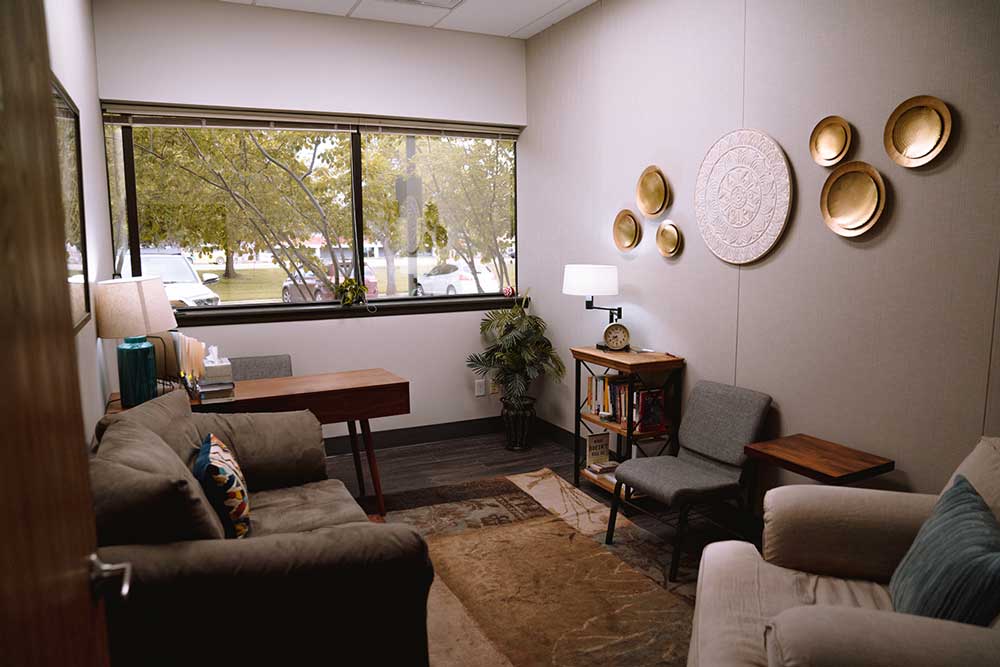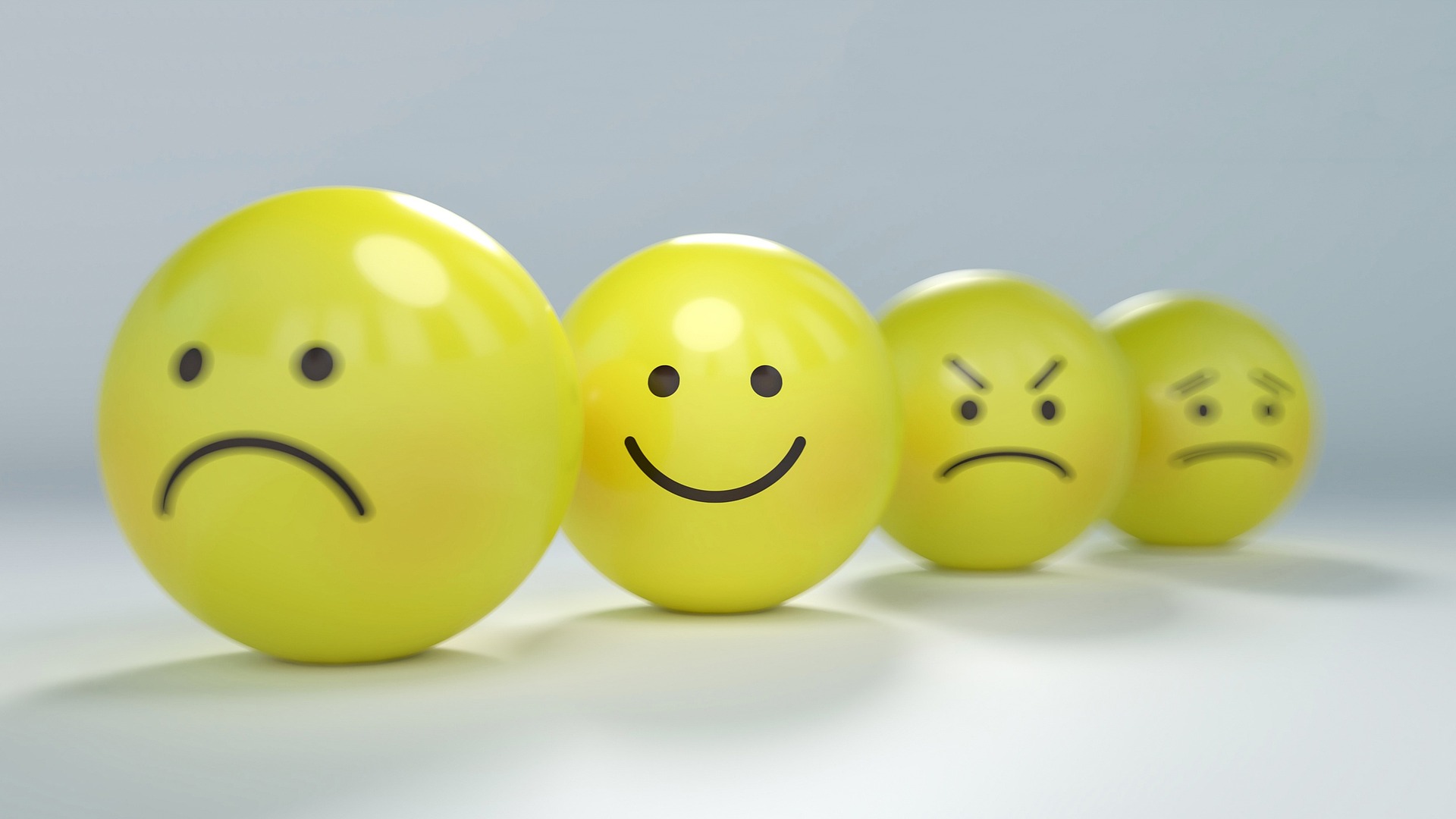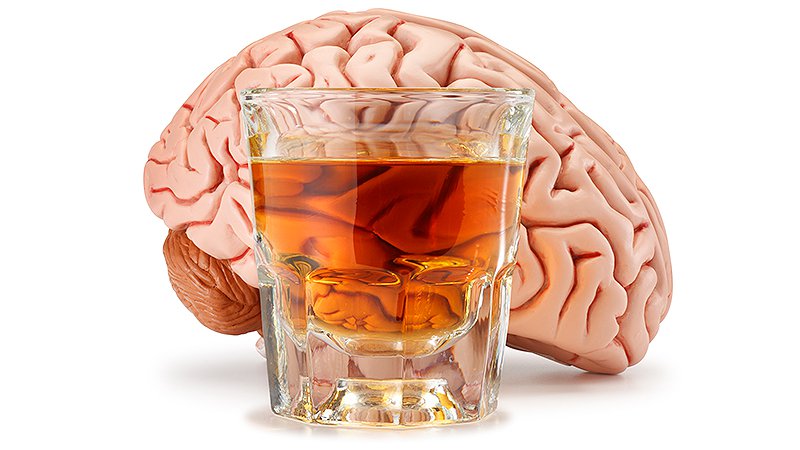
 There is a term in the addiction recovery community called “terminal uniqueness.” What this means is that people who struggle with issues of addiction often feel like they are alone in their experiences. However, when someone begins engaging and interacting with other members of recovery communities they soon find out that addiction is a “shared experience.” Perhaps the details of active addiction are different, but the feelings of despair are almost always the same. Yet even after all of this shared experience, individuals that experience alcohol relapse often go right back to that state of “terminal uniqueness.”
There is a term in the addiction recovery community called “terminal uniqueness.” What this means is that people who struggle with issues of addiction often feel like they are alone in their experiences. However, when someone begins engaging and interacting with other members of recovery communities they soon find out that addiction is a “shared experience.” Perhaps the details of active addiction are different, but the feelings of despair are almost always the same. Yet even after all of this shared experience, individuals that experience alcohol relapse often go right back to that state of “terminal uniqueness.”
What Exactly Is Alcohol Relapse?
An alcohol relapse is something that occurs after a successful period of recovery. Also, it is important to note that a relapse rarely ever happens “at the moment.” Alcohol relapses often begin long before the first drink is taken. According to the Yale Journal of Biology and Medicine, “Relapse is a gradual process that begins weeks and sometimes months before an individual picks up a drink or drug.” So it is important to recognize the warning signs early if a relapse is to be thwarted.
It is also important to get away from the idea that relapses are uncommon occurrences. According to the journal, Current Psychiatry Reports, “For 1-year outcomes across alcohol, nicotine, weight, and illicit drug abuse, studies show that more than 85% of individuals relapse and return to drug use within 1 year of treatment.” Of course, we all wish that relapse wasn’t a part of recovery, but the truth is that it is. Will everyone in recovery experience a relapse? Of course not. But, that doesn’t mean that they are immune to one in the future if they don’t maintain a close connection to their recovery program.
It also doesn’t mean that an individual that experiences alcohol relapse desires long-term recovery any less. They just happened to run into a bump in the recovery road. We must remember that recovery journeys are not all linear, and that’s OK. The key is to take the next right step forward after taking one of those lateral relapse steps.
What Are the Warning Signs of Alcohol Relapse
The Yale Journal of Biology and Medicine also explains that “there are three stages to relapse: emotional, mental, and physical,” and that “the common denominator of emotional relapse is poor self-care.” So, if that “common denominator” is poor self-care, then what are the other factors that forecast a potential alcohol relapse? The following are just a few:
- An individual may begin to become less engaged with their recovery program or community (avoiding attending 12-step meetings for example)
- They may begin to glamorize their past alcohol experiences
- An individual may become more secretive and isolated
- They may start to frequent toxic places and engage with influential people that were part of their active addiction
- An individual may exhibit excessive mood swings, and become defensive about their behaviors
- They may express their doubts that the recovery process is working or that it will continue to work
Relapse: Never Get Discouraged
When it comes to alcohol relapse it is important to remember to never get discouraged. A relapse never has to be the end of recovery. The key is to learn from the experience and make the proper adjustments to get back on the right path. After all, it’s not how you fall, it’s how you get back up.
When discussing alcohol relapse with another fellow in recovery, one of the co-founders of Alcoholics Anonymous, Bill Wilson offered this, ”About this slip business – I would not be too discouraged. I think you are suffering a great deal from a needless guilt.” This guild is needless because looking back after a relapse will not magically make it go away, and that’s also OK. It is better to reframe a relapse as a new beginning rather than a roadblock.
Relapse: Never Give Up
So, what happens if all of the warning signs were missed and relapse happens to occur? The first step is to reconnect with the initial recovery plan and recovery community. Then the next step is to make adjustments and a relapse prevention plan so those warning signs aren’t missed again.
For example, for someone that just experienced relapse, it may be a good idea to create a daily check-in routine with either a “sober friend” in recovery or an addiction specialist. Another adjustment might be to journal before retiring to see if any of those warning signs were missed throughout the day. An excellent adjustment is also to connect to a safe space, where recovery is paramount. The Redpoint Center is one of those spaces.
Here at the Redpoint Center, our recovery mission has never wavered. Our goal is to not only create a safe space for recovery at the moment but also to provide the tools to avoid relapse and safely navigate recovery in the long term.
True sobriety and transformation are ongoing processes. There are also often new stresses and challenges that can inform an individual’s risk of relapse. It is critical to understand the signs and symptoms that may inform a person’s changing perspectives or risk of relapse, so they can then best address these situations to prevent engaging with alcohol again despite the challenges. The Redpoint Center is a safe space to address these challenges and create comprehensive relapse prevention strategies alongside professionals and peers for a sustainable sober future. If you feel like you or a loved one may be veering toward a relapse, we can help. For more information on addiction treatment and relapse prevention, call The Redpoint Center at (303) 710-8496.











